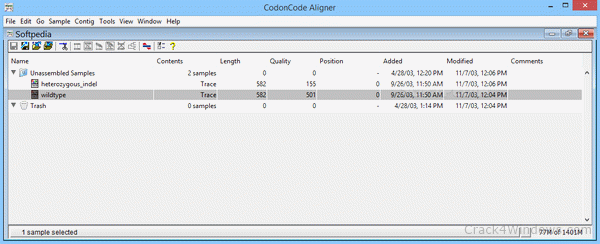
In recent years, Qiagen have made a bid to establish themselves as a global player in the enormous next generation sequencing industry, attempting to wrest some of the market share from US giants Illumina, Thermo Fisher and Pacific Life Sciences. Location: Multiple, founded Düsseldorf, Germany The company is now developing an even smaller sequencer known as a ‘SmidgION’ for use with a smartphone. It is also significantly cheaper than many other sequencing devices. It is also very small and portable, allowing it to be used in remote locations, for example, for sequencing the Ebola virus. While not as accurate as some larger, more precise sequencing machines produced by its commercial rivals, the accuracy has improved a lot. The company has made its name by developing a handheld DNA sequencer known as the MinION, which is the same size as a mobile phone.Ĭosting just €881 (£765) - a fraction of the price of the machines manufactured by Illumina, Qiagen and others - it works by pulling DNA through hundreds of nanoscopic pores and measuring an electrical signal produced by each building block of DNA. With a current valuation of €1.7B (£1.5B), and investments piling in from a global consortium of companies, Oxford Nanopore Technologies is the new kid on the block in the lucrative world of genome sequencing. In no particular order, this is our shortlist. Given the range of companies out there, selecting ten was hardly straightforward, and we decided to focus on those sequencing or dealing with whole genome data. Such is the size of the genomic datasets being generated, even finding a way to store or quickly access this data can be an enormous challenge. It ranges from companies using genomic data to identify new drug targets for a range of diseases to those developing technologies for sequencing genomes more quickly, cheaply and accurately than ever before.


There are many interesting European genomics companies, but here are 10 we thought especially worthy of mention.īy 2025, the size of global genomics market is predicted to reach a whopping €24B, and unsurprisingly, there’s a whole host of companies across Europe fighting for a slice of the pie.

Next generation sequencing has revolutionized the biotech industry and genomics technology has changed dramatically over the last few years.


 0 kommentar(er)
0 kommentar(er)
